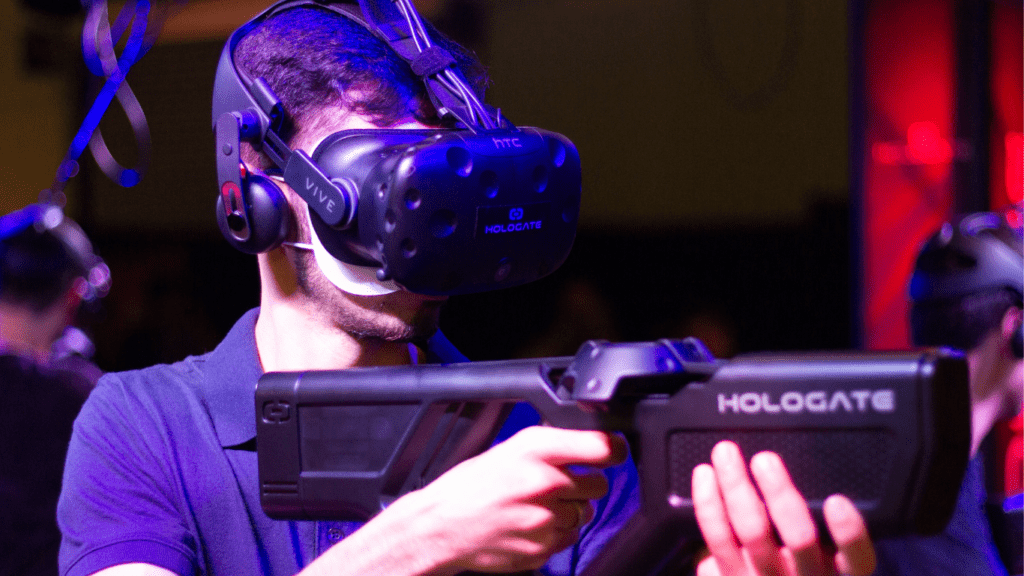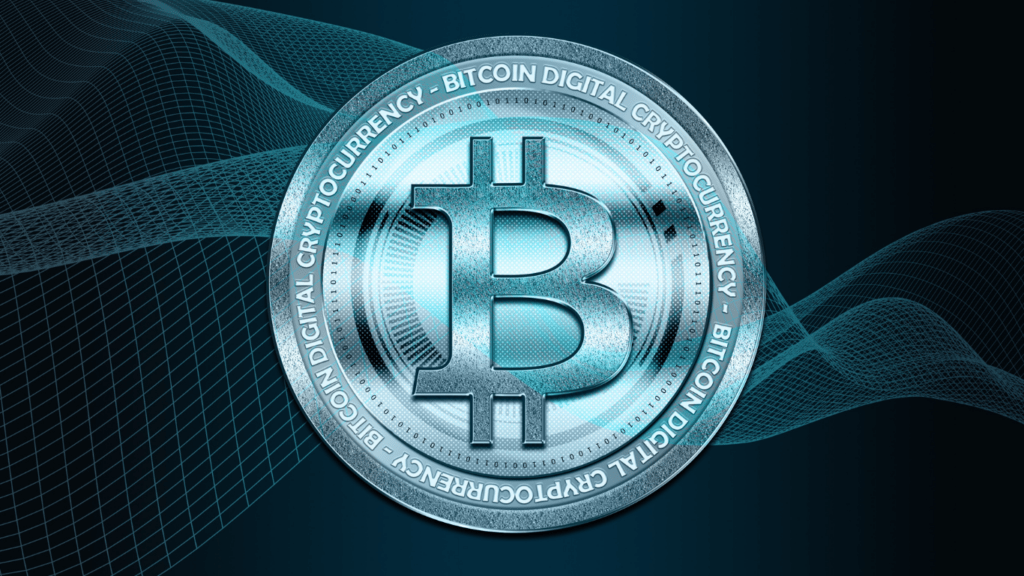Evolution of Esports Betting
Esports betting has transformed significantly over the past decade. Initially, it relied heavily on traditional sports betting frameworks. With the rise of technology, though, modern esports betting platforms now offer live in-match betting and instant payouts, creating a much more engaging experience for bettors.
Introduction of Live-Streaming
Live-streaming has become a cornerstone in esports betting. Major platforms like Twitch and YouTube Gaming provide real-time broadcasts, allowing bettors to watch and place bets simultaneously. Live-streaming enhances transparency, building trust and bolstering the overall betting experience.
Data Analytics Integration
Data analytics now play a crucial role in esports betting. Sophisticated algorithms process massive amounts of data to provide insights and predictions. This technology enables bettors to make informed decisions based on real-time stats, player performance, and historical data.
Interactive Platforms
Interactive platforms have emerged as a game-changer in esports betting. Websites and mobile apps offer features like:
- live chat
- leaderboards
- virtual reality experiences
These platforms create a more immersive environment, increasing engagement and attracting a broader audience.
Blockchain Technology
Blockchain technology has started to enter the esports betting space. It offers secure transactions and transparency through smart contracts. By leveraging blockchain, platforms can ensure fair play and integrity, which are essential for building user trust.
The Role of AI and Machine Learning
AI and machine learning further enhance the esports betting experience. Machine learning models predict outcomes with high accuracy, while AI-driven bots offer personalized betting tips. This technology tailors the betting experience to individual preferences, making it more relevant and enjoyable.
Impact of Digital Platforms
Digital platforms are transforming esports betting by making it more accessible and interactive.
Mobile Betting Apps
Mobile betting apps have revolutionized the betting experience. Users can place bets anytime, anywhere, enhancing convenience. Major platforms like Betway and Unikrn have optimized their apps for seamless user interactions.
Features include real-time notifications, live odds updates, and secure payment options. Mobile apps also prioritize user experience with intuitive designs, ensuring bettors can navigate effortlessly and quickly.
Live Streaming Integration
Live streaming integration allows bettors to watch matches and place bets simultaneously. Platforms like Twitch and YouTube Gaming enable this, offering real-time streaming with minimal delays.
This integration creates an immersive betting environment, fostering increased engagement. Users can interact with other viewers and bettors through live chat features, enhancing the sense of community. Additionally, instant replay and highlight features help bettors make more informed decisions, improving overall satisfaction.
Advanced Analytics and Data Insights
Advanced analytics and data insights have significantly transformed the esports betting landscape. The use of data-driven strategies empowers bettors to make informed decisions.
Real-time Statistics
Real-time statistics offer immediate access to in-game data, enhancing the betting experience. Platforms like HLTV provide live updates on player performance, team stats, and match outcomes.
Accurate data is crucial for bettors seeking to place tactical wagers during live matches. Comprehensive statistical dashboards show metrics like kill/death ratios, win rates, and economic status, offering a competitive edge.
Predictive Algorithms
Predictive algorithms analyze massive datasets to forecast potential outcomes. Machine learning models, trained on historical and current data, offer precise predictions for esports events.
Bettors leverage these algorithms to identify patterns and trends, increasing the accuracy of their bets. Algorithms, such as those used by platforms like Unikrn, process player statistics, match history, and other variables to generate betting tips. This technological advancement enables bettors to strategize effectively and minimize risks.
Blockchain and Cryptocurrency

Blockchain and cryptocurrency have dramatically changed the esports betting industry, providing enhanced security and transparency for bettors.
Enhanced Security Measures
Blockchain technology ensures that transactions are secure and immutable. Each transaction on the blockchain is recorded in a decentralized ledger, making it nearly impossible to alter or falsify.
This prevents common issues like fraud and double-spending. Platforms like Unikrn and Wagerr use blockchain to protect user funds and guarantee the integrity of betting activities.
Unlike traditional systems, blockchain provides bettors with peace of mind, knowing their bets are secure from tampering.
Transparent Transactions
- Blockchain supports transparent transactions by providing a verifiable record of each action.
- Every transaction is traceable and publicly accessible.
- This transparency fosters trust among bettors who can independently verify the outcome of bets and the movement of funds.
- Cryptocurrency, like Bitcoin and Ethereum, enables instant and borderless transactions, eliminating delays and minimizing transaction fees.
- Bet platforms leveraging blockchain offer users an open, trustworthy environment where all activities can be independently audited, ensuring fair play and financial transparency.
Artificial Intelligence and Machine Learning
AI and machine learning technologies have significantly enhanced the esports betting experience by boosting accuracy and personalization.
Personalized Betting Recommendations
AI algorithms analyze vast amounts of data to provide personalized betting recommendations. Machine learning models evaluate historical data, player performance, and game statistics to offer tailored tips.
These personalized suggestions increase the chances of winning by considering individual betting patterns and preferences. Esports platforms like Betway and Unikrn utilize such technologies to create more engaging and adaptive user experiences.
Chatbots and Customer Support
AI-powered chatbots streamline customer support, providing instant responses to common queries. Machine learning enhances these chatbots by enabling them to understand and predict user needs better. The chatbot can assist with account issues, provide bet updates, and offer insights into upcoming matches.
For example, the chatbot on Unikrn helps users navigate the platform, offering a seamless and efficient betting experience. This technology reduces wait times, ensuring bettors receive timely assistance whenever needed.
VR and AR in Esports Betting
Virtual Reality (VR) and Augmented Reality (AR) are transforming esports betting. These technologies immerse users in dynamic environments, enhancing their overall betting experience.
Immersive Betting Experiences
VR creates immersive environments in esports betting. Users can step inside virtual stadiums, interacting with the game in real-time. Platforms like VR Casino offer live betting scenarios, making participants feel present at the event. This immersion heightens engagement, influencing decision-making and elevating excitement.
In contrast, AR superimposes digital elements onto the physical world, accessible through devices like smartphones and AR glasses. For example, AR enables real-time stats overlays during live matches, providing bettors with contextual insights. These advanced features appeal to both novice and experienced bettors, enhancing enjoyment and strategic engagement alike.
Virtual Spectatorship
AR enriches virtual spectatorship in esports. Viewers can project matches onto physical spaces, such as their living rooms. This feature makes watching tournaments more interactive and engaging.
VR, on the other hand, enables spectators to watch games from inside virtual arenas, sitting alongside other fans and sharing the excitement. This sense of community and real-time interaction often translates into increased betting activity.
Platforms like VR App offer virtual seatings for major tournaments, contributing to a more communal and engaging experience. These technologies not only enhance the viewing experience but also create new opportunities for in-game betting and fan engagement.

